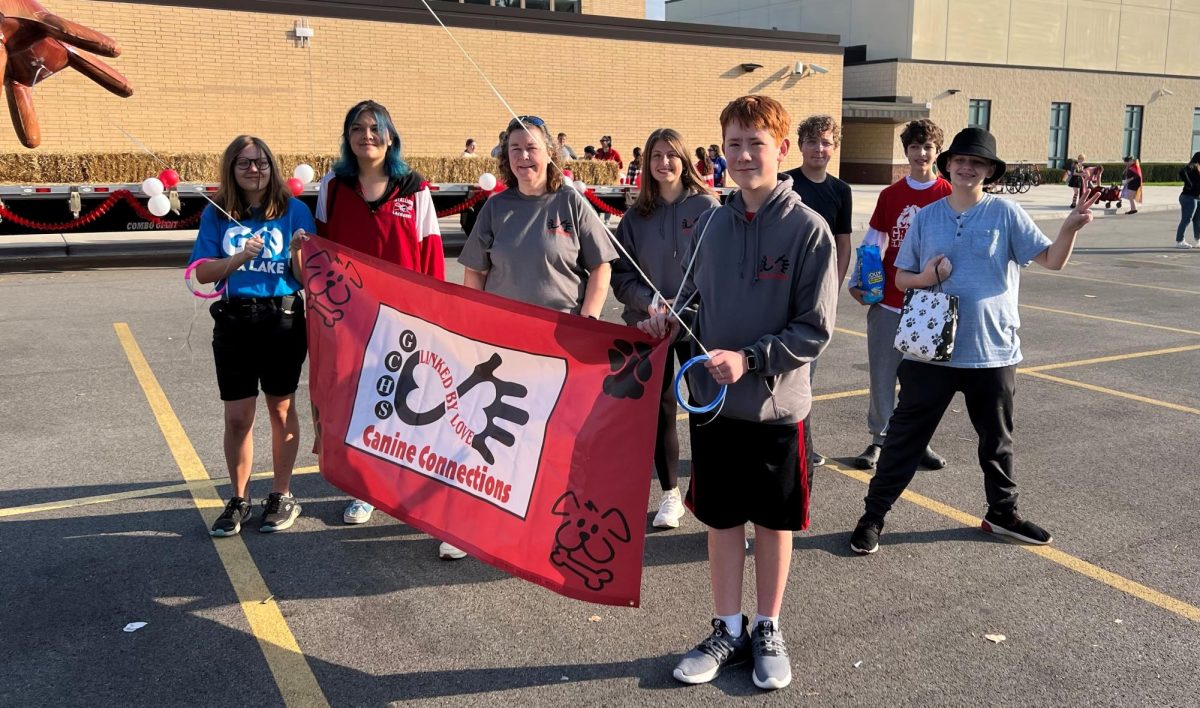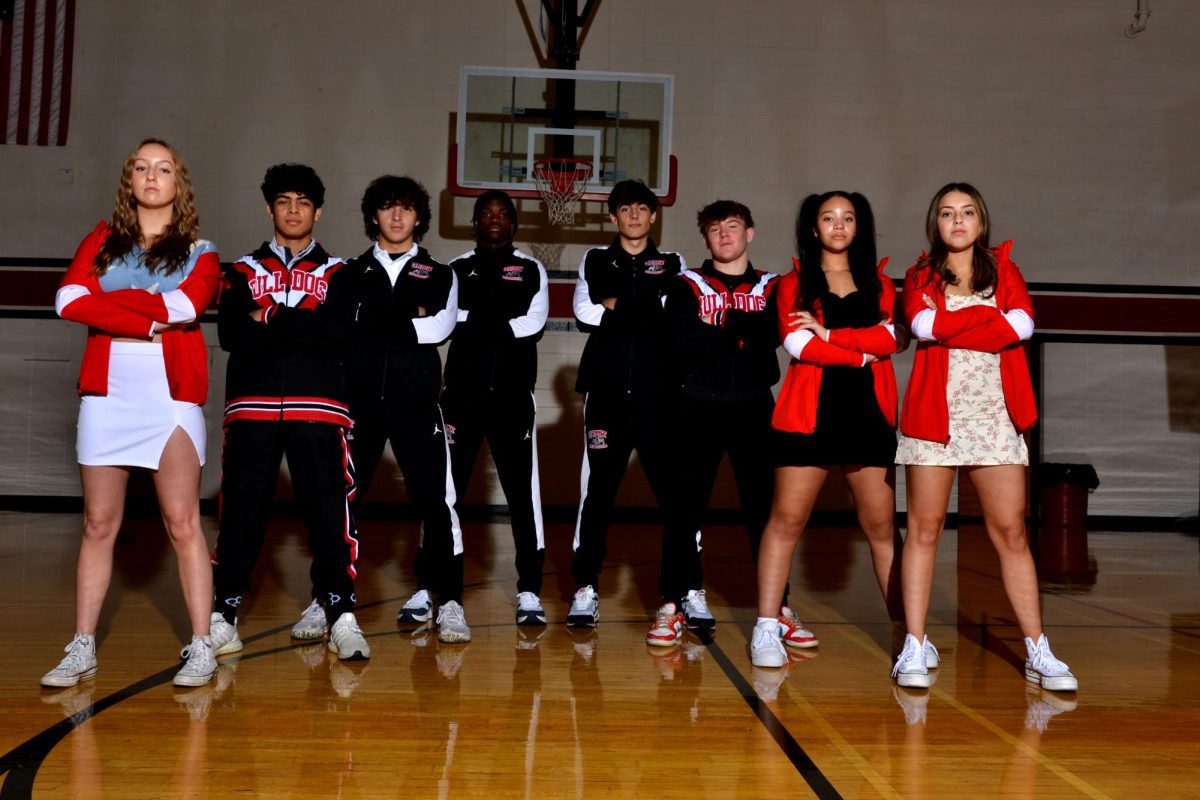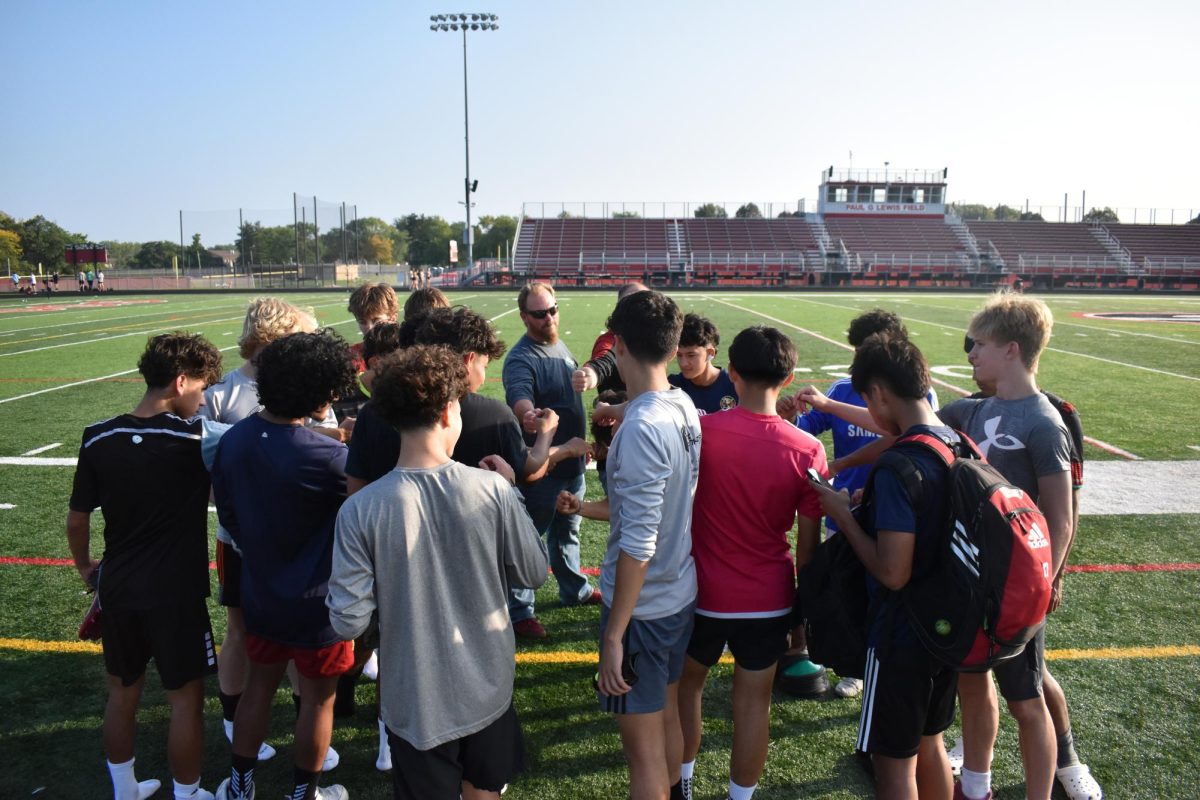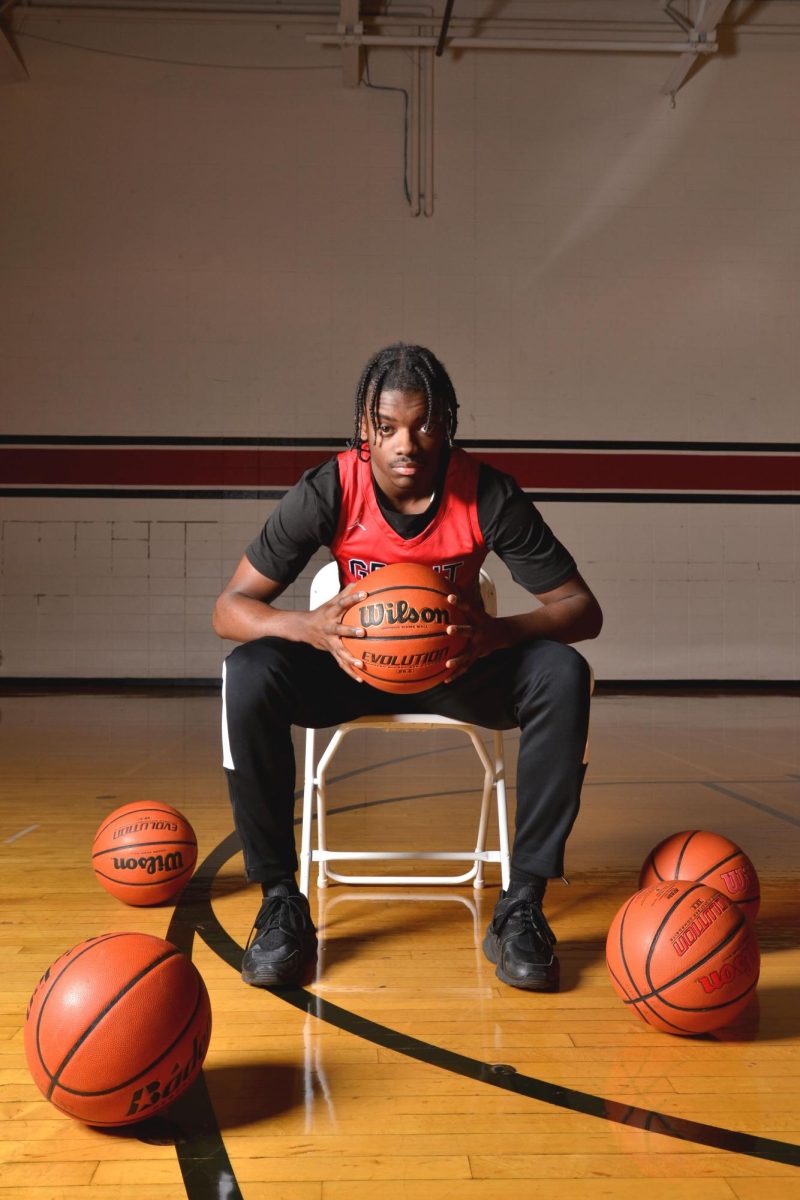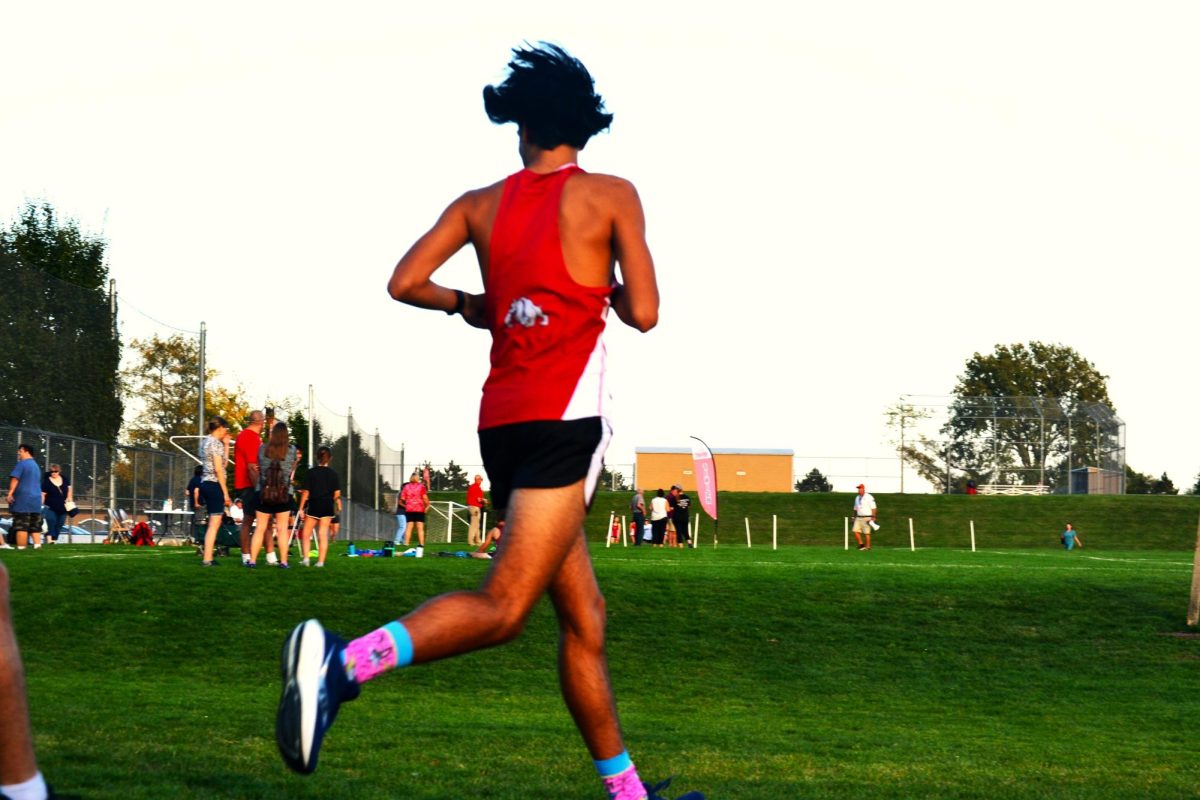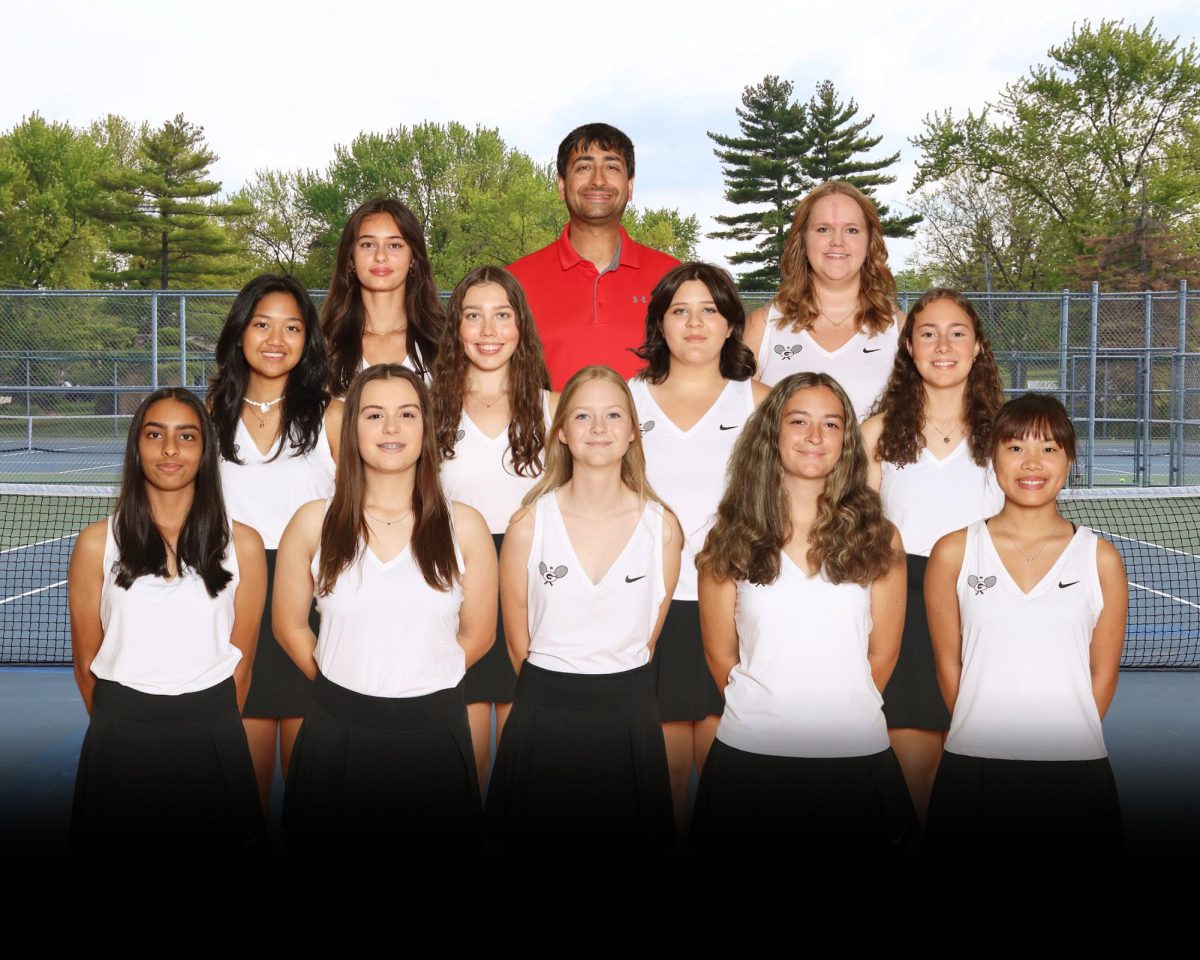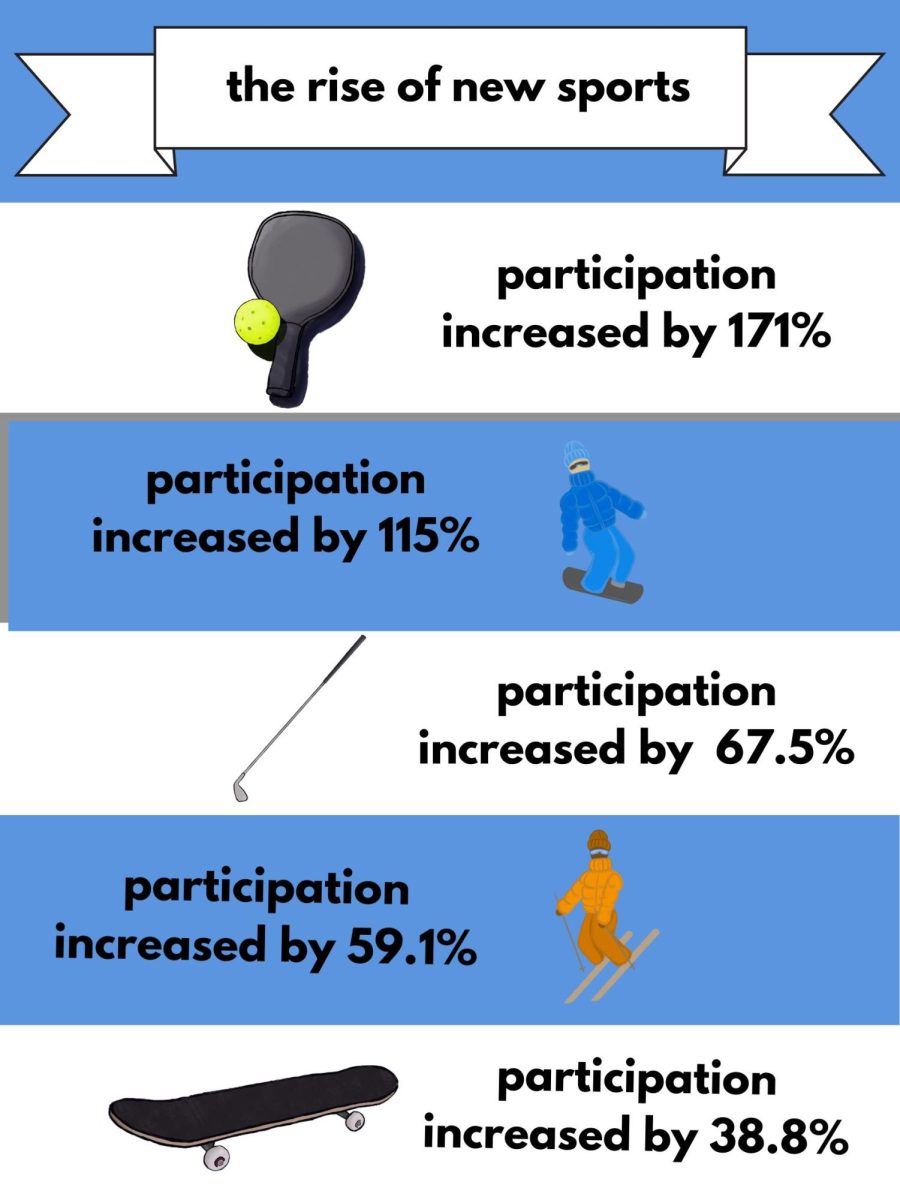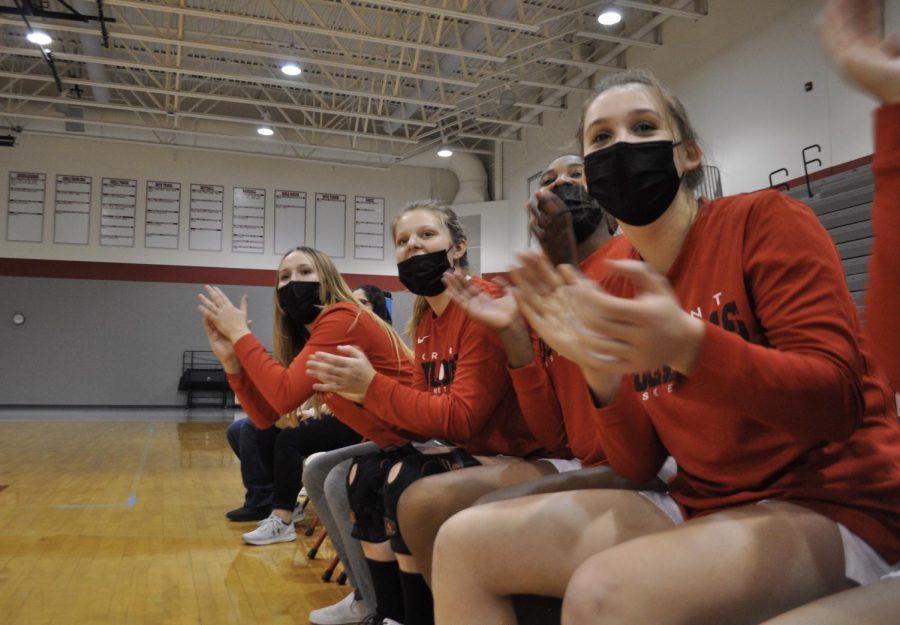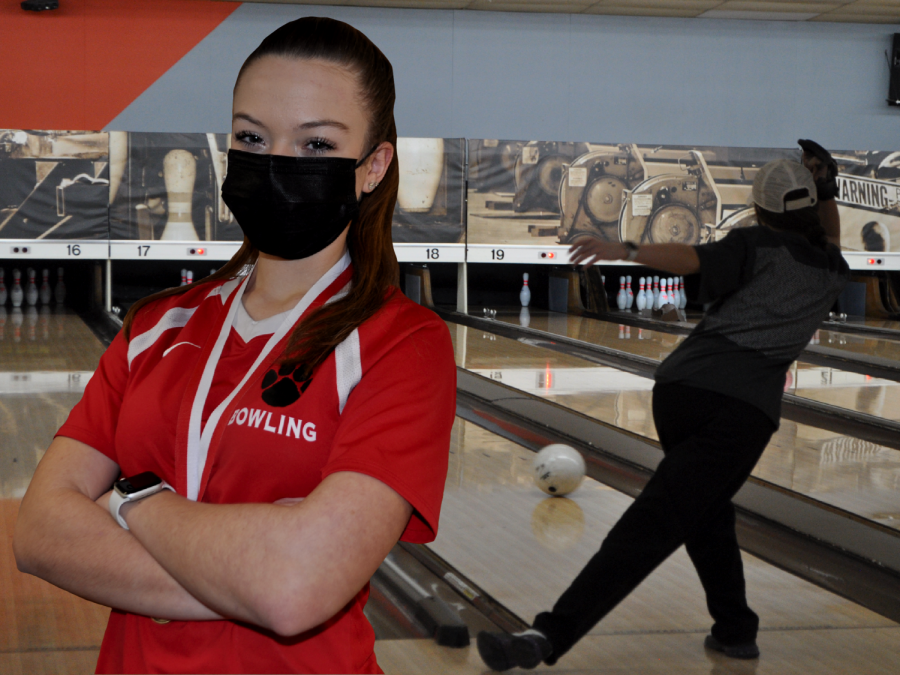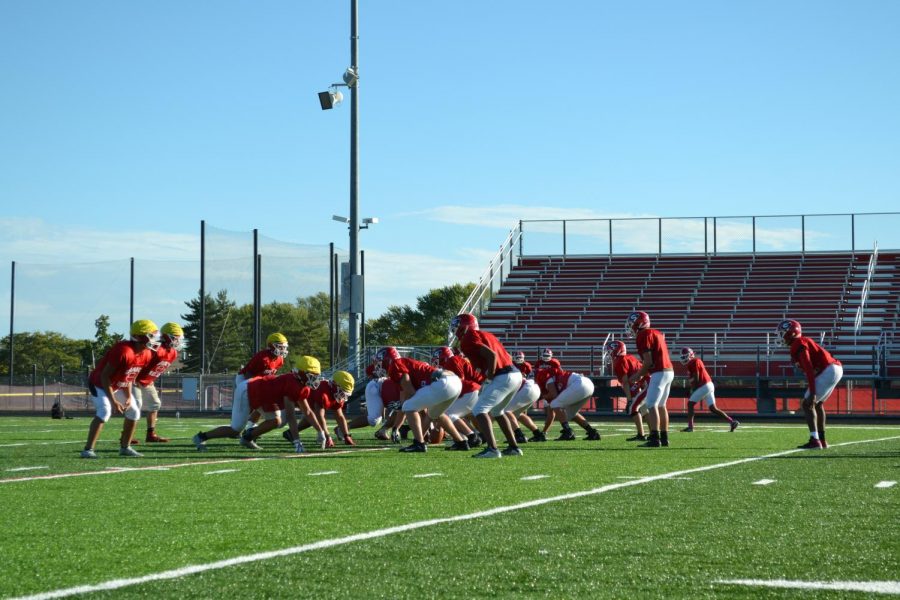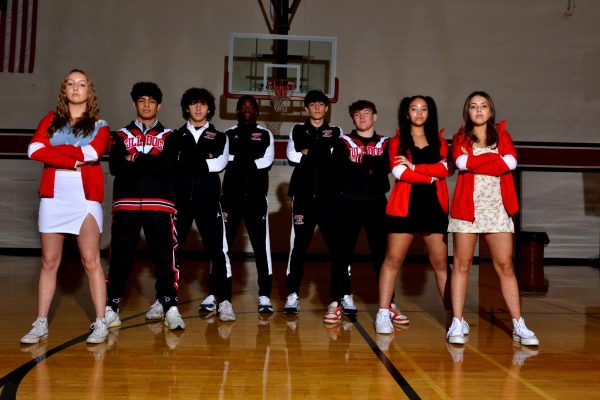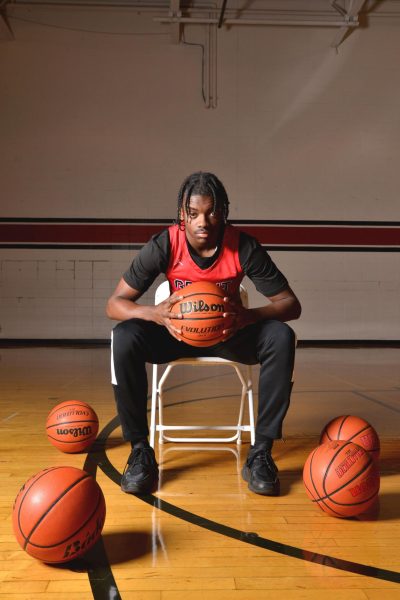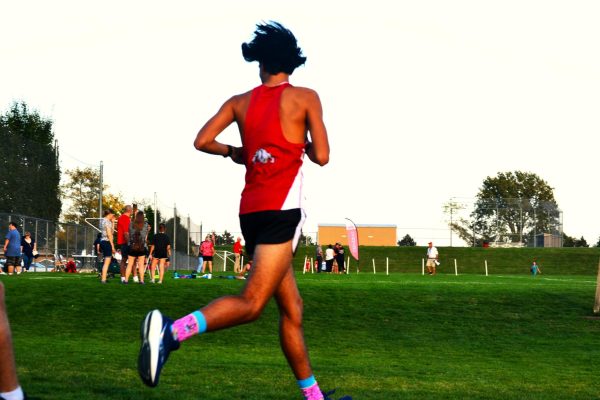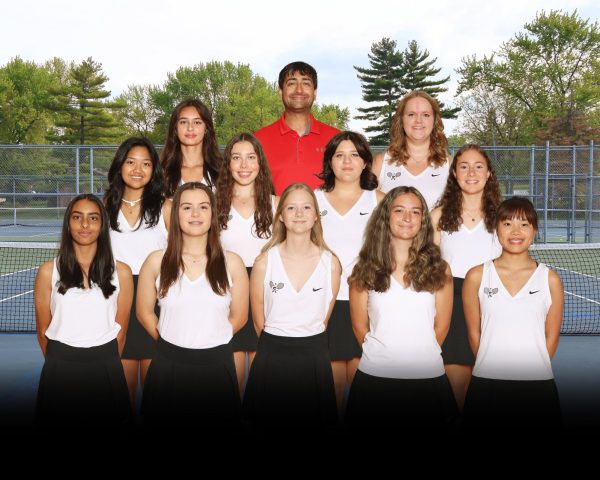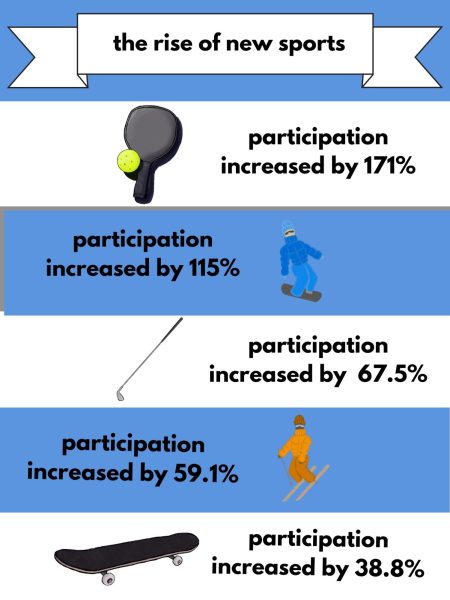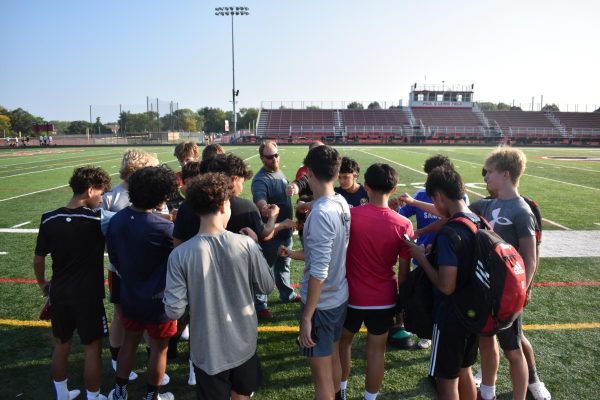The Importance of Training in the Offseason
Grant’s football team practice on October 13th for their game against lakes on October 15th- Captured by Dakota Cleaver
December 10, 2021
Training day in and day out, athletes always strive to be the best. Clearly, athletes work hard during their season, but what about during the off-season? Fitting workouts into an already cramped schedule, often full of camps, clubs, and other activities are constantly proven to be difficult. Training during the off-season is an important part of becoming a top athlete and the only way to get better in any sport. Grant Community High School’s wrestling team placed 6th at team state in 2021, is a small demonstration of the outcome that comes from offseason training. GCHS Varsity wrestler Jack Lunardi assisted in the team’s success, and works to teach his peers that “you can’t get better than anyone else if you’re not doing more than everyone else.”
According to an Instagram poll done among high school (Age 14-18) athletes in Lake and Mchenry county, 68% of the athletes that responded said they train during the off-season. Training in the off-season is known to advance a player’s skill level, but there are some difficulties that come with it like maintaining a schedule, and the struggle of remaining motivated to train. These struggles of offseason training don’t come to every athlete, but the benefits do.
For an athlete, training while out of season can be extremely beneficial. Training during the off-season is proven to be beneficial to athletes, as seen in numerous studies. One recognizable one is by Ohio University, the article mentions training the aerobic and anaerobic system is very important to train since they help athletes last longer in competitions. Some of those benefits include improved technique, heightened strength, and increased stamina. No matter what sport an athlete plays, All of these three assets will be crucial for success. In order to improve those skills, an athlete must attend camps, clubs, tournaments, and the gym. Athletes often find their schedule for their training regime difficult to plan and maintain. One way athletes can ensure that they stay on top of their training is to approach a coach about any upcoming training and or competition opportunities during the off-season such as camps, clubs, or tournaments. If the coach has no information, athletes can search for those opportunities on the internet. Training can be costly, but there are always alternatives like a 30 minute to an hour guided workout on youtube. After the athlete finds the training regimine they want to use, they should obtain all the information to make sure all the resources can be provided for the training event. This can include rides there and back, certain equipment, and possible fees. Once all the information is gathered and all the resources that are required are accounted for, the last step is to give 100% effort and maintain a good mindset for your goal. Senior Varsity football player Alex Gomez trains during the off-season in hopes of “ [getting] better every day. So [he] can get a [college] scholarship.”
A good mindset when training is just as important, if not more important, than the training itself. The attitude an athlete has when training will determine the results of the training. If an athlete comes in and trains with a poor mindset, the end result will be bad because your thoughts become your actions and if you have terrible thoughts coming into practice as an athlete the performance in practice will be second-rate. However, if the opposite happens and the athlete comes in with a positive attitude and is ready to go, the end result will be a huge improvement from before. Every athlete that trains in the off-season should be working towards a goal as part of a good mindset. Goals give purpose to training, and training without a goal is pointless. An athlete’s off-season could amount to pretty much nothing if there isn’t an end goal or if they train with an unfavorable mindset. Famous inventor and scientist Benjamin Franklin inspires many with his ideas, and he once said “If you fail to plan, you are planning to fail.”



